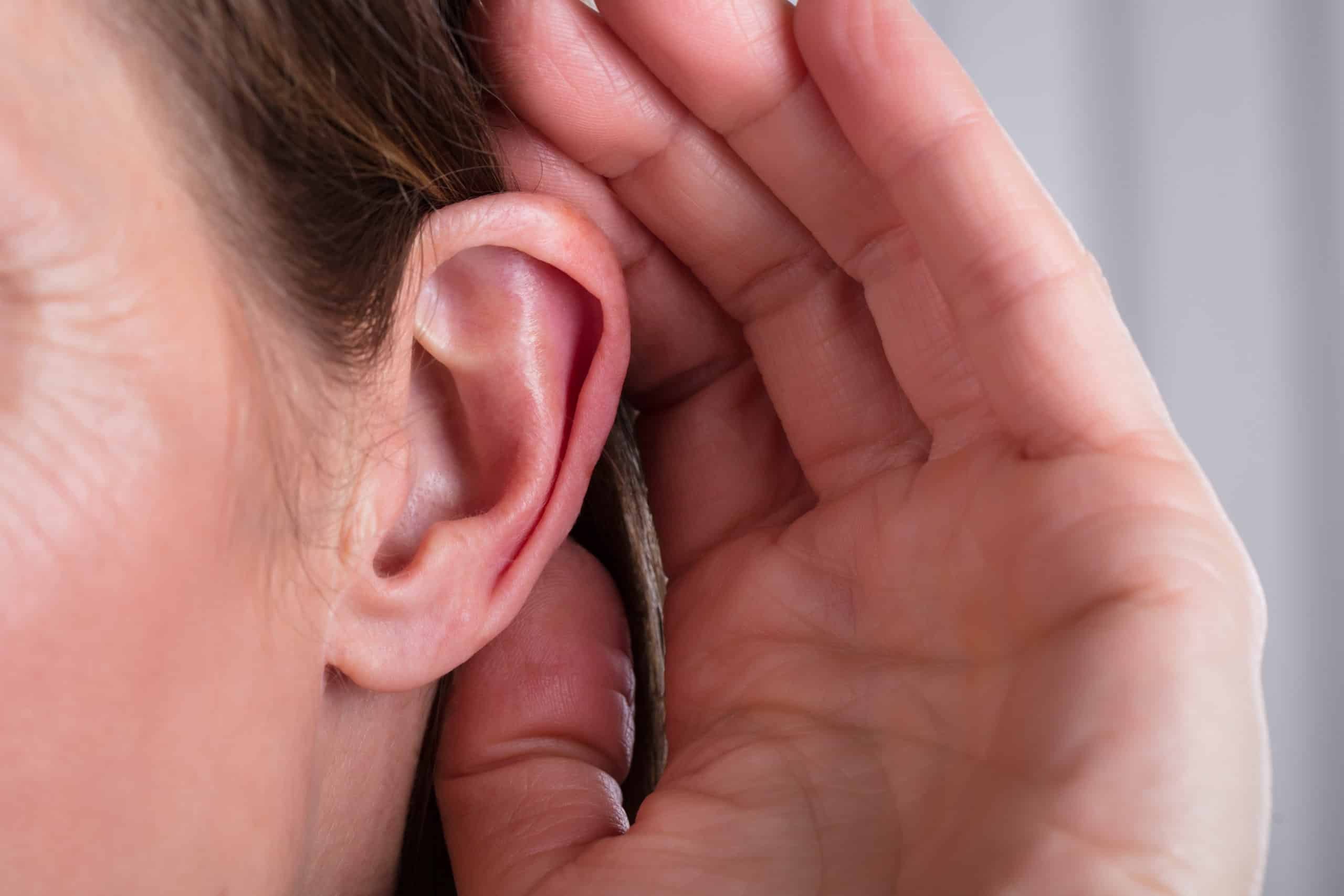Risk-free 30 Day Trial: Limited availability every month!

The risk factors for many conditions both physical and mental increases with age, and there’s no exception for developing hearing loss or cognitive decline. However, if you’re diagnosed with one or the other, it doesn’t necessarily mean you’ll experience the other factor for sure, although there is interesting research that partially describes hearing loss’s influence on multiple age-related conditions, including mental decline and dementia.
Is There A Link Between Hearing Loss and Dementia?
In short, probably. There have been many studies analyzing the incidence of dementia in patients with hearing loss, both at a single point in time and in other studies, following a group of patients over several years. In one example, those with mild, moderate, or severe hearing loss were two, three, and five times more likely, respectively, to experience mental decline over a ten-year period. This means that people with greater hearing loss (especially untreated hearing loss) experienced a greater increase in risk factor for cognitive issues.
Other studies show that even mild hearing loss that can make participating in conversations difficult speeds up people’s mental decline by 30-40% over six years. This demonstrates a tenuous but clear link between the effects of hearing loss and the risk of developing other adverse conditions when not treating the underlying cause or finding ways to mitigate the lifestyle changes hearing loss brings about.
How Does Hearing Loss Affect Mental Health?
Hearing loss not only affects a person’s social life and ability to enjoy things through hearing, it can cause physical and psychological changes to the mind that are thought to be due to several factors.
First, because your hearing doesn’t function as well as it used to, the brain tries to overcompensate, spending more resources attempting to interpret the limited signal coming from the ears. Researchers call this an increased “cognitive load” that can lead to other brain functions to lose resources and attention, contributing to cognitive decline.
Next, the social aspect of feeling uncomfortable around others can affect the brain. Social isolation often leads to loneliness and depression, which have a well-documented negative influence on mental ability.
Finally, without a well-fitted and professionally installed hearing aid, people with hearing loss may expose themselves to increasingly loud sounds to get by on a day-to-day basis. Rather than being a solution to hearing loss, this can actually hasten hearing damage, as louder noises can damage hearing in people with hearing loss just as they can with normal hearing.
How to Prevent Hearing Loss and Mental Decline
There’s no cure for most types of age-related hearing loss. However, there’s reason to hope in the fact that a professional hearing aid (not over-the-counter) can provide relief and protection for your hearing and therefore mental health for years to come. By processing the sounds around you with advanced technology, hearing aids help you hear better, allowing your brain to function more normally and for people to enjoy their normal lifestyle full of family, friends, and mentally stimulating activities. Hearing aids are designed to protect the delicate hearing structures of the ear, unlike commercial headphones or personal amplifiers, so you don’t have to worry about turning them up too loud and hurting your hearing in the process.
Hearing Aids in Georgia
Find your personalized hearing loss solution by coming in to your nearest Georgia Hearing Aid Factory Outlet location or contacting us online today! With many manufacturers, styles, and price points to choose from, we’ll find you or your loved one the solution they need to achieve hearing freedom and reclaim their lifestyle.


 (706) 525-5463
(706) 525-5463